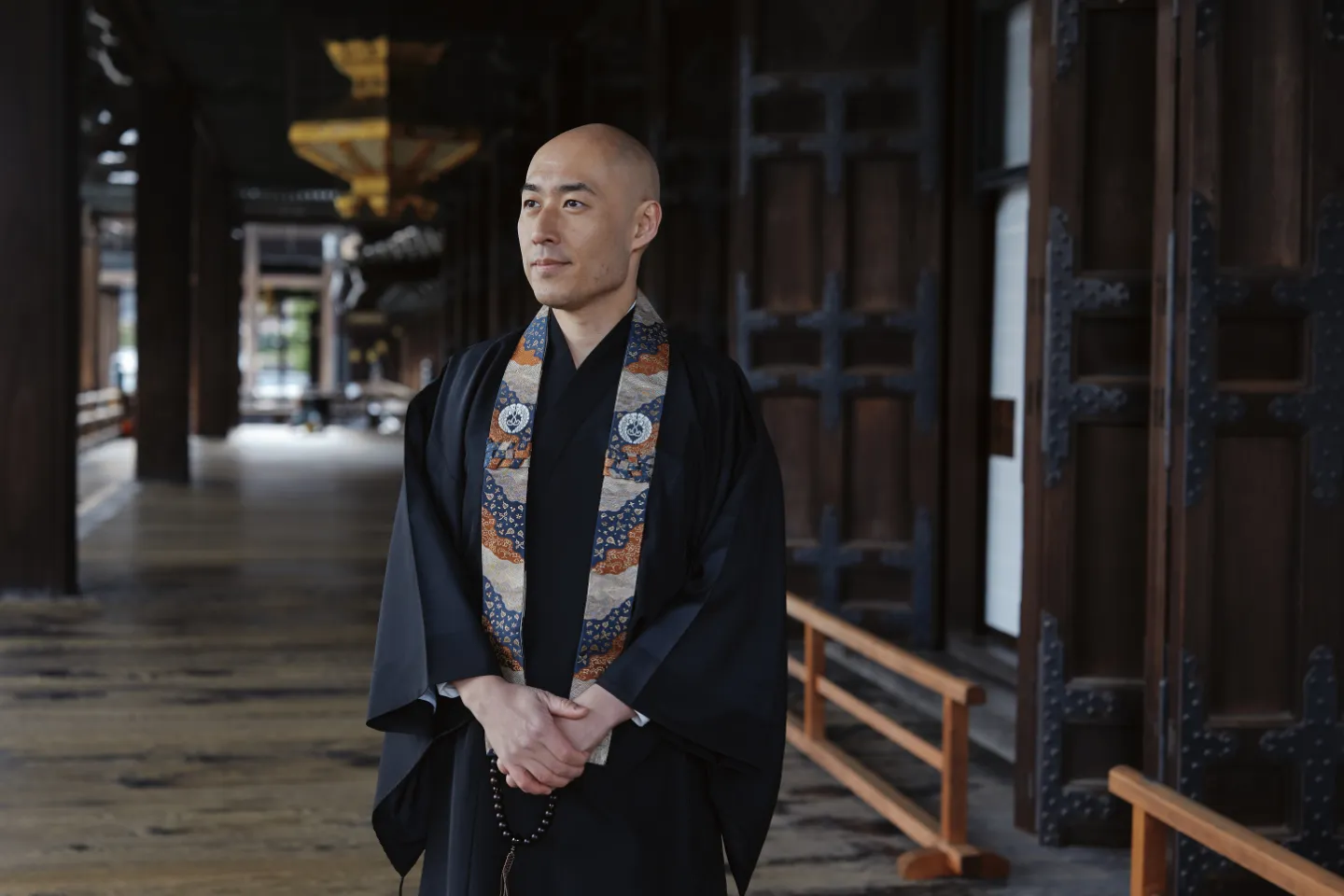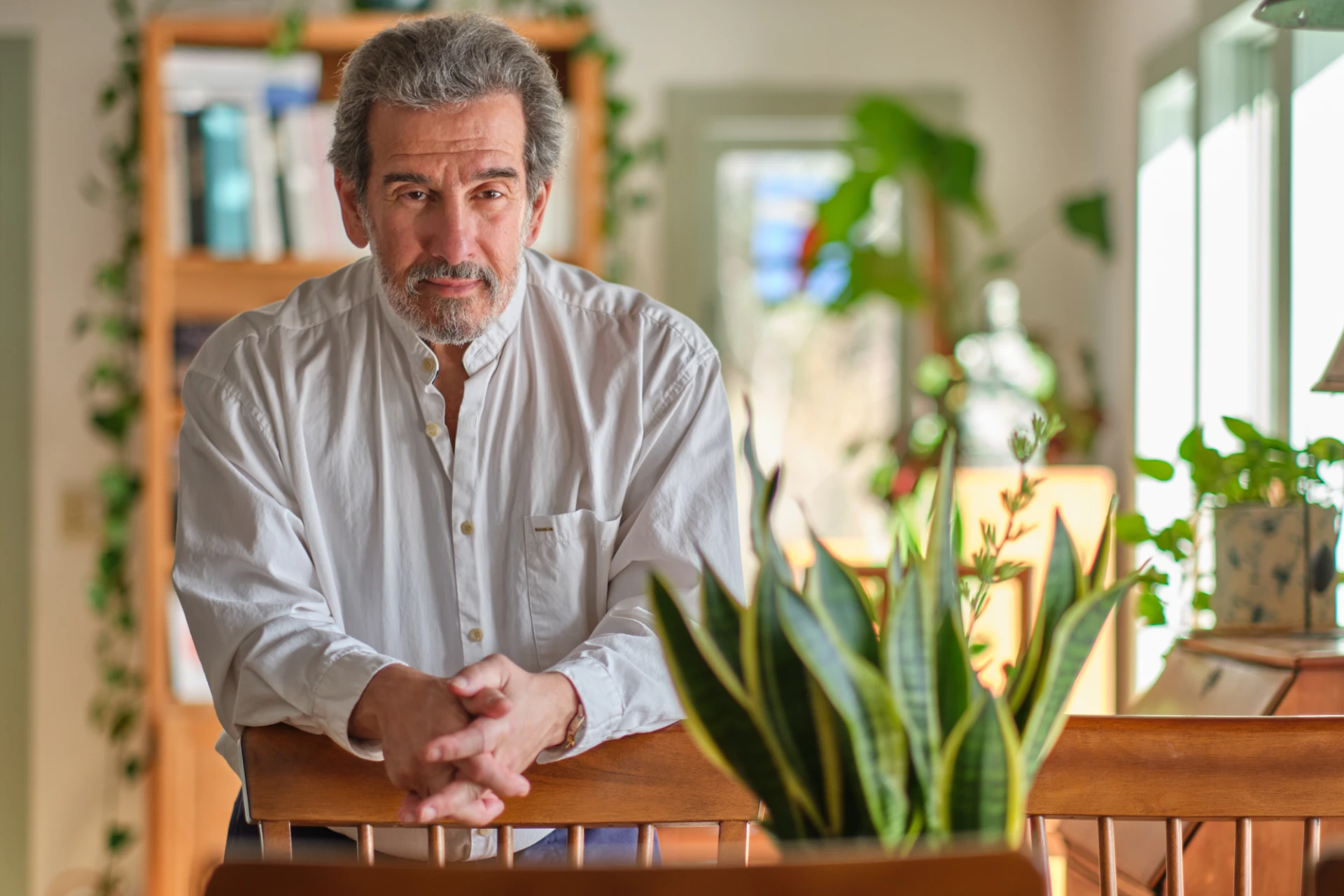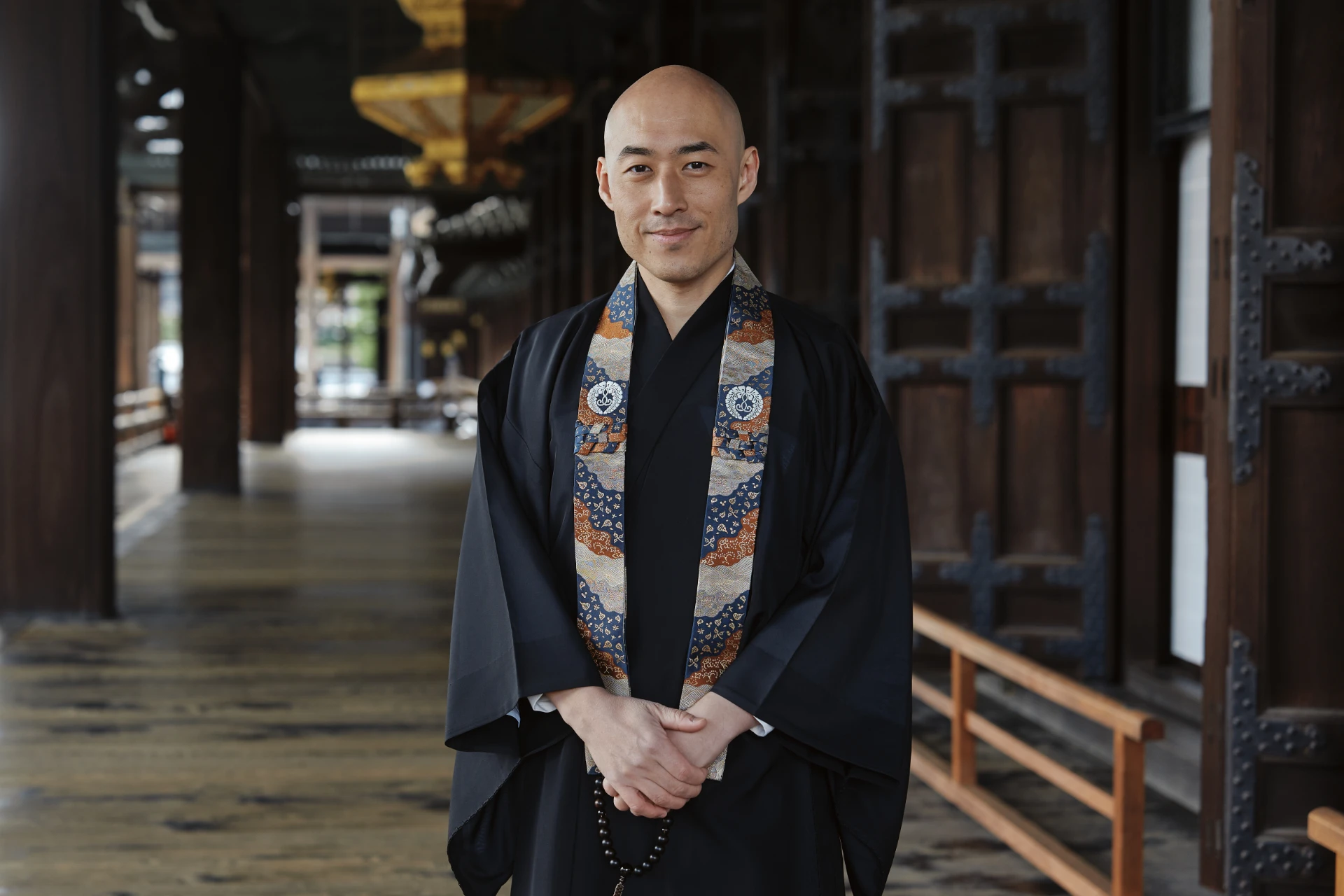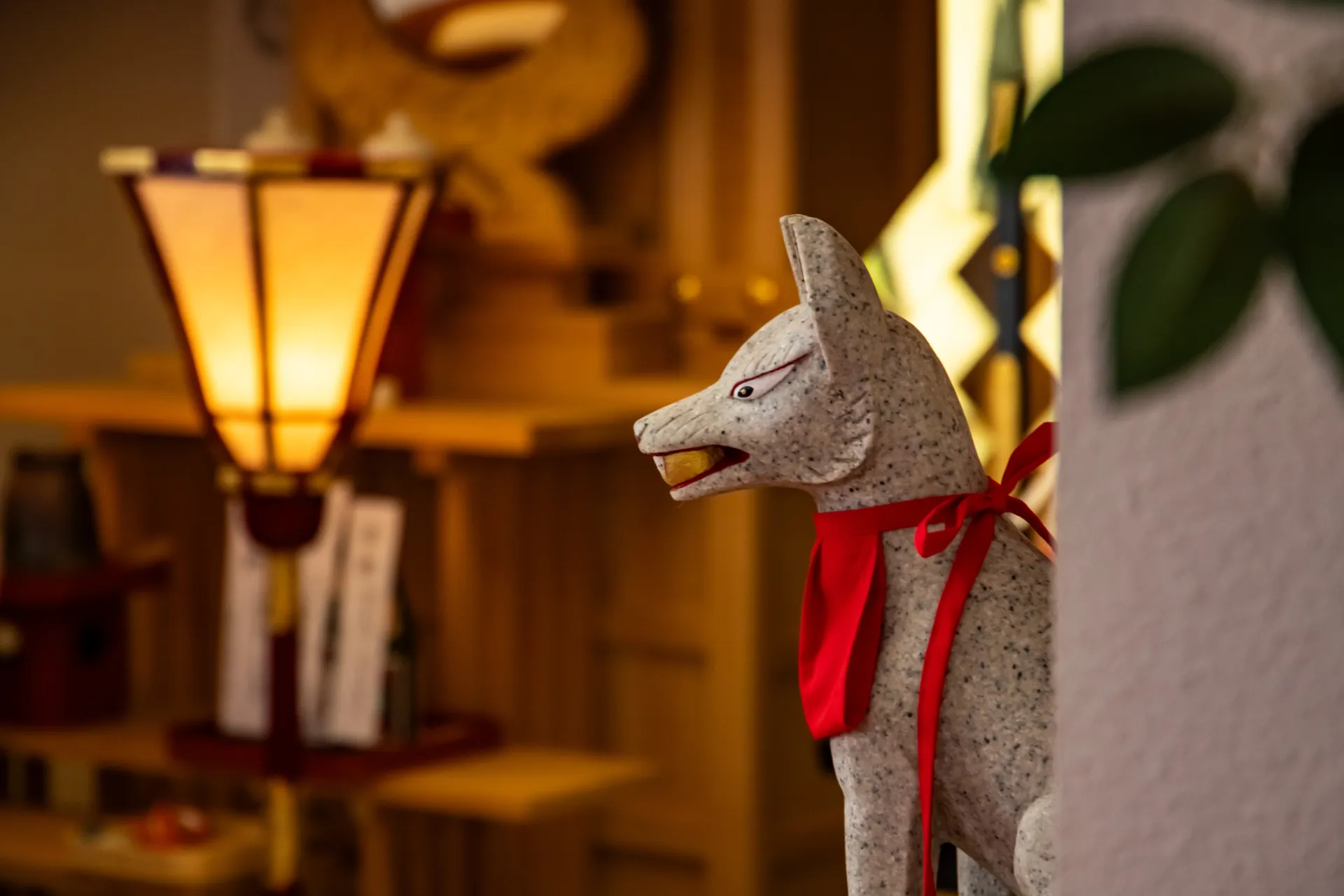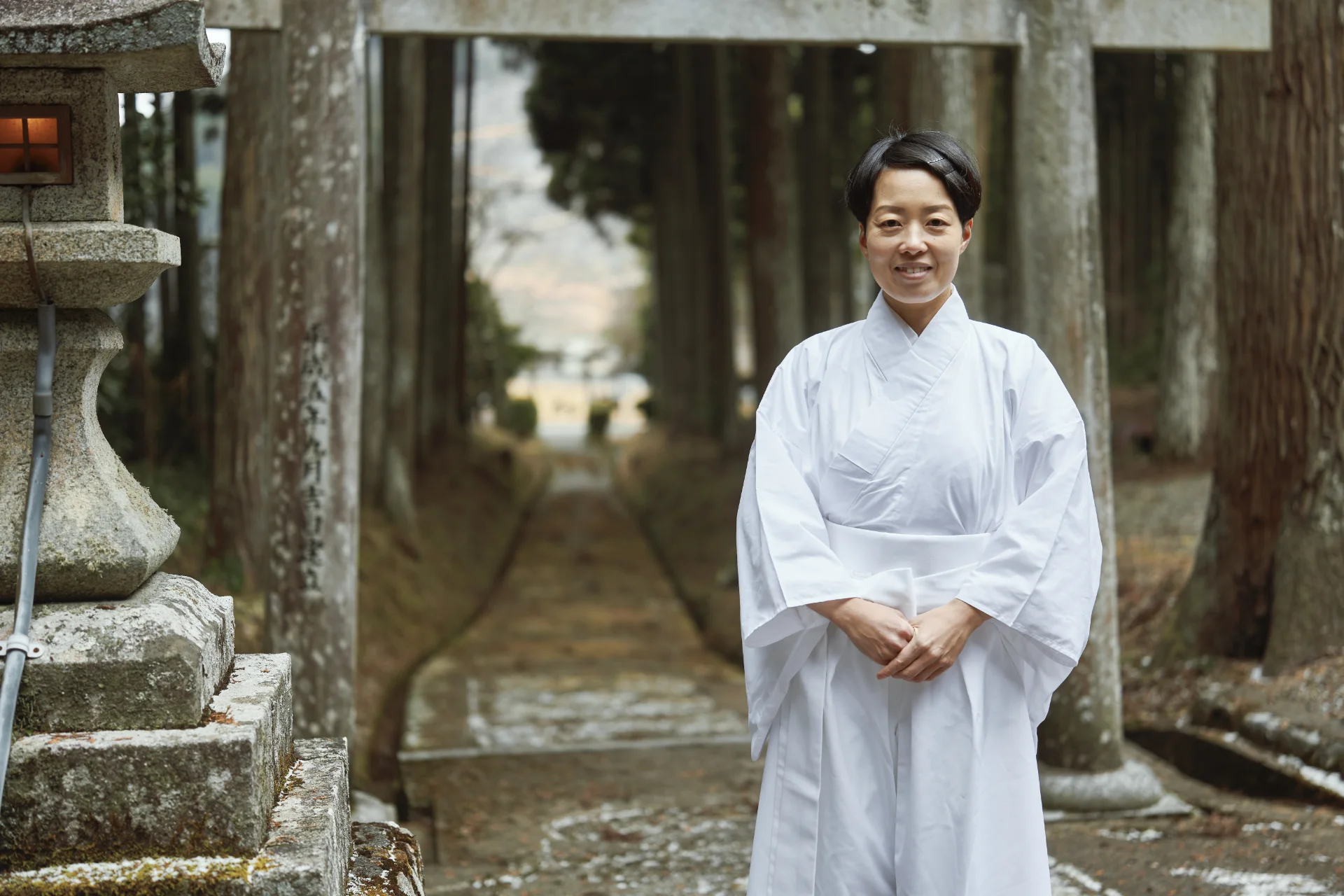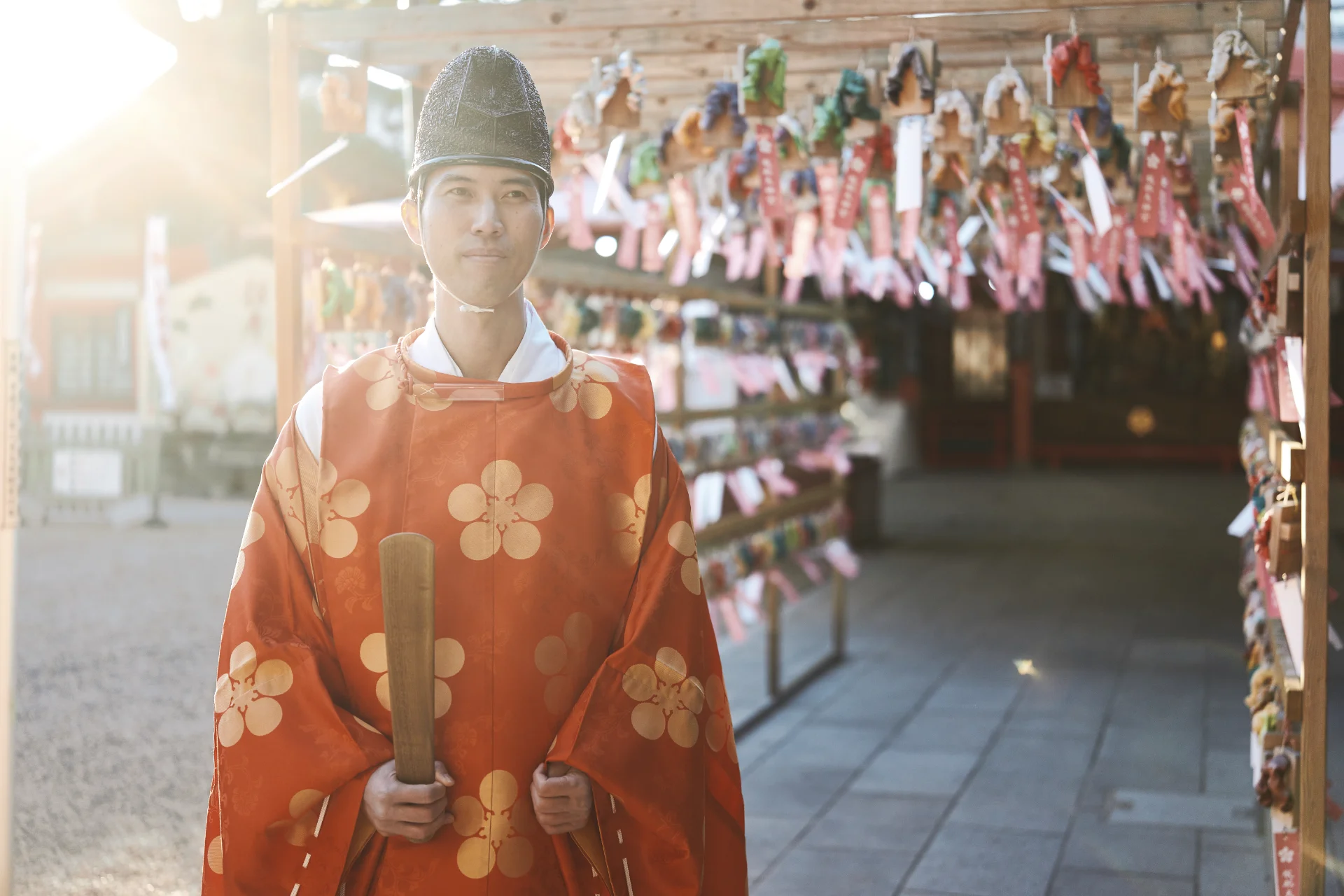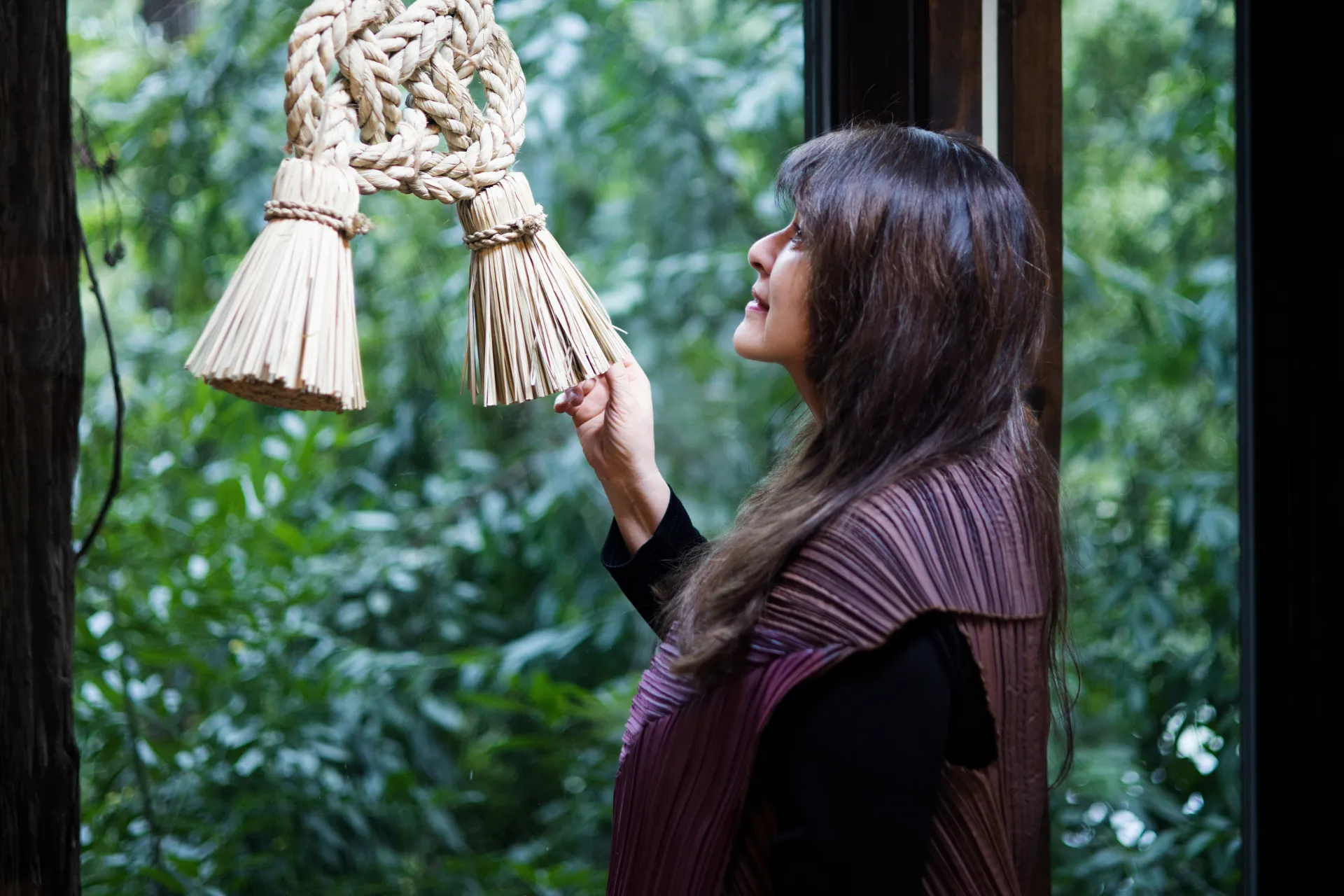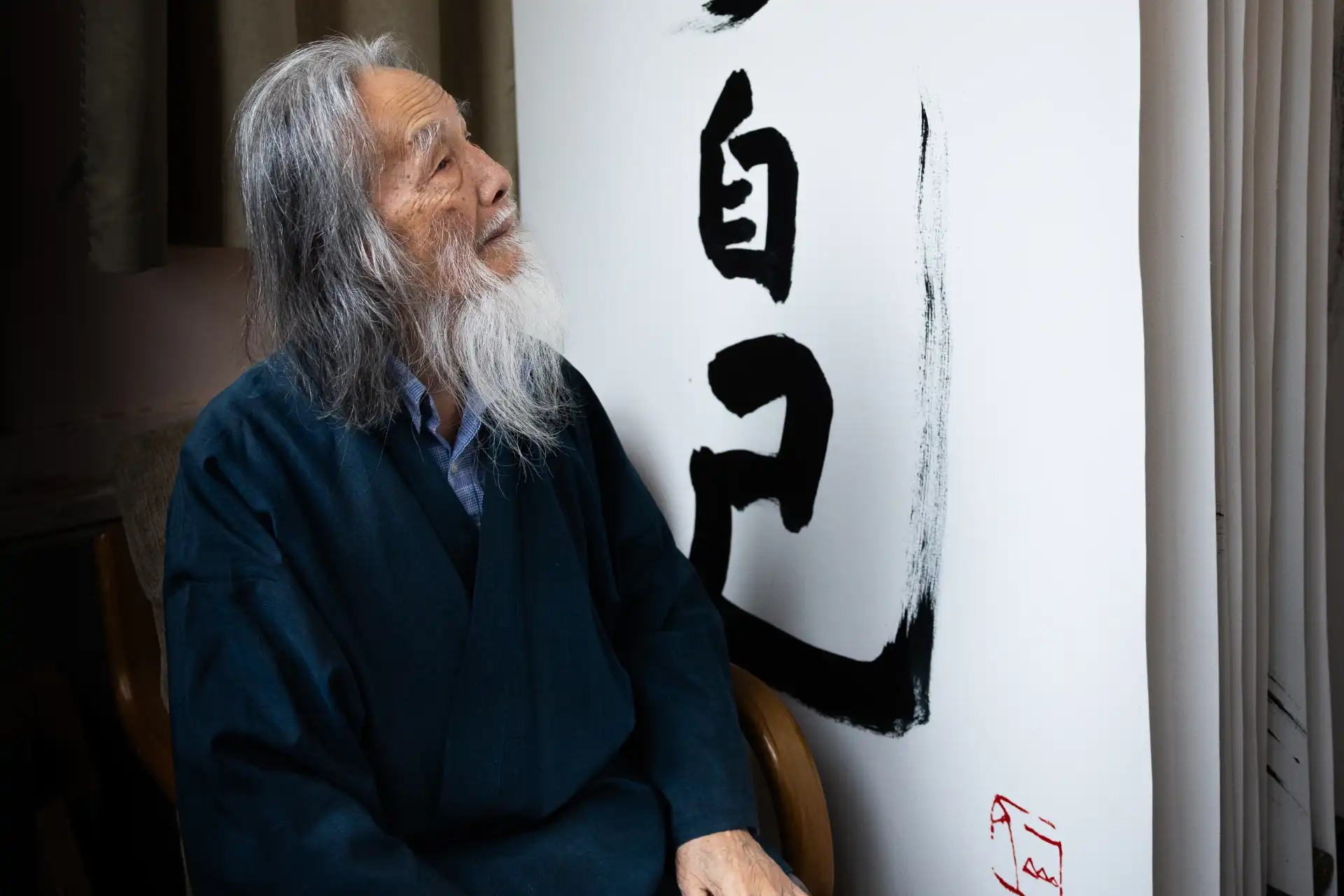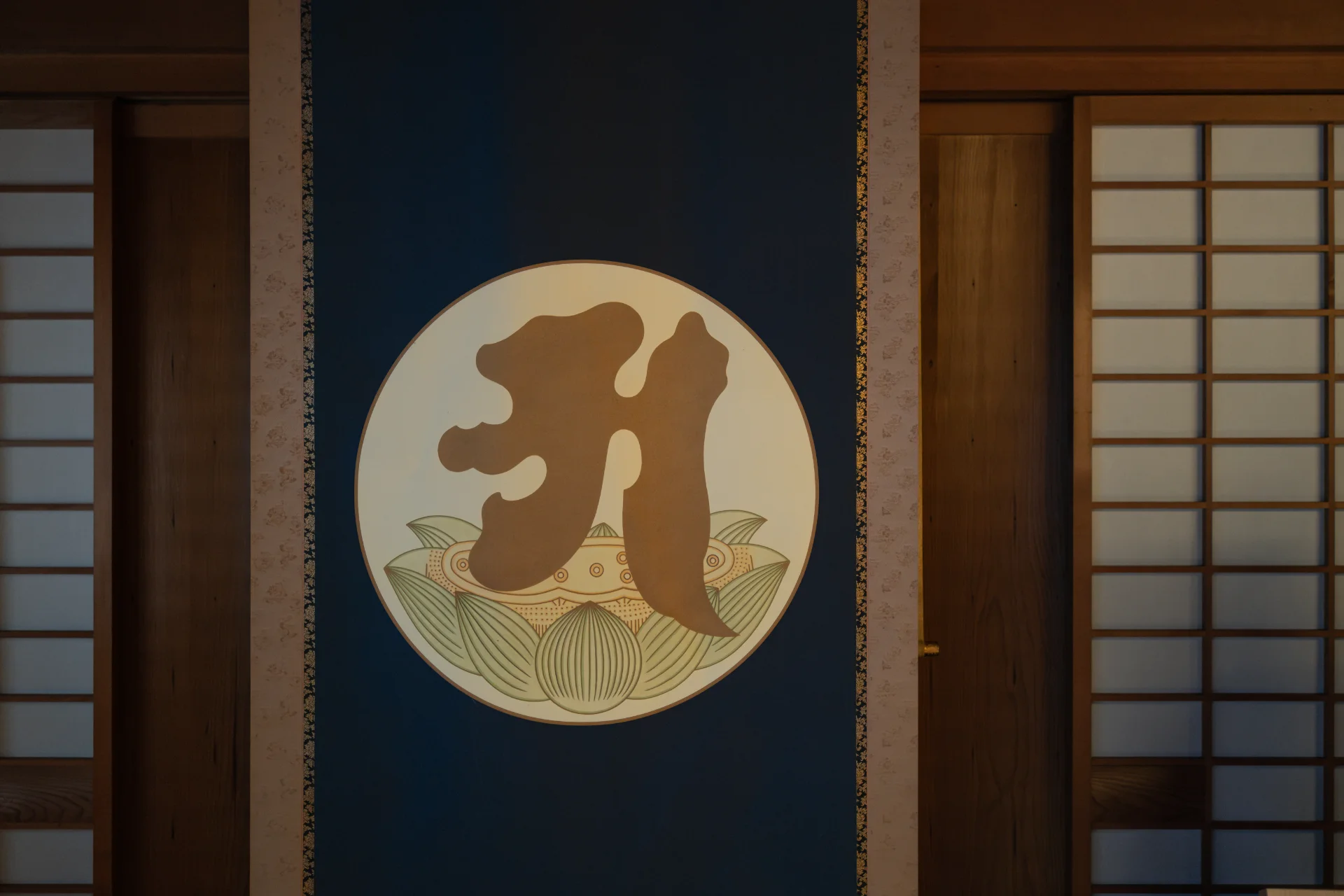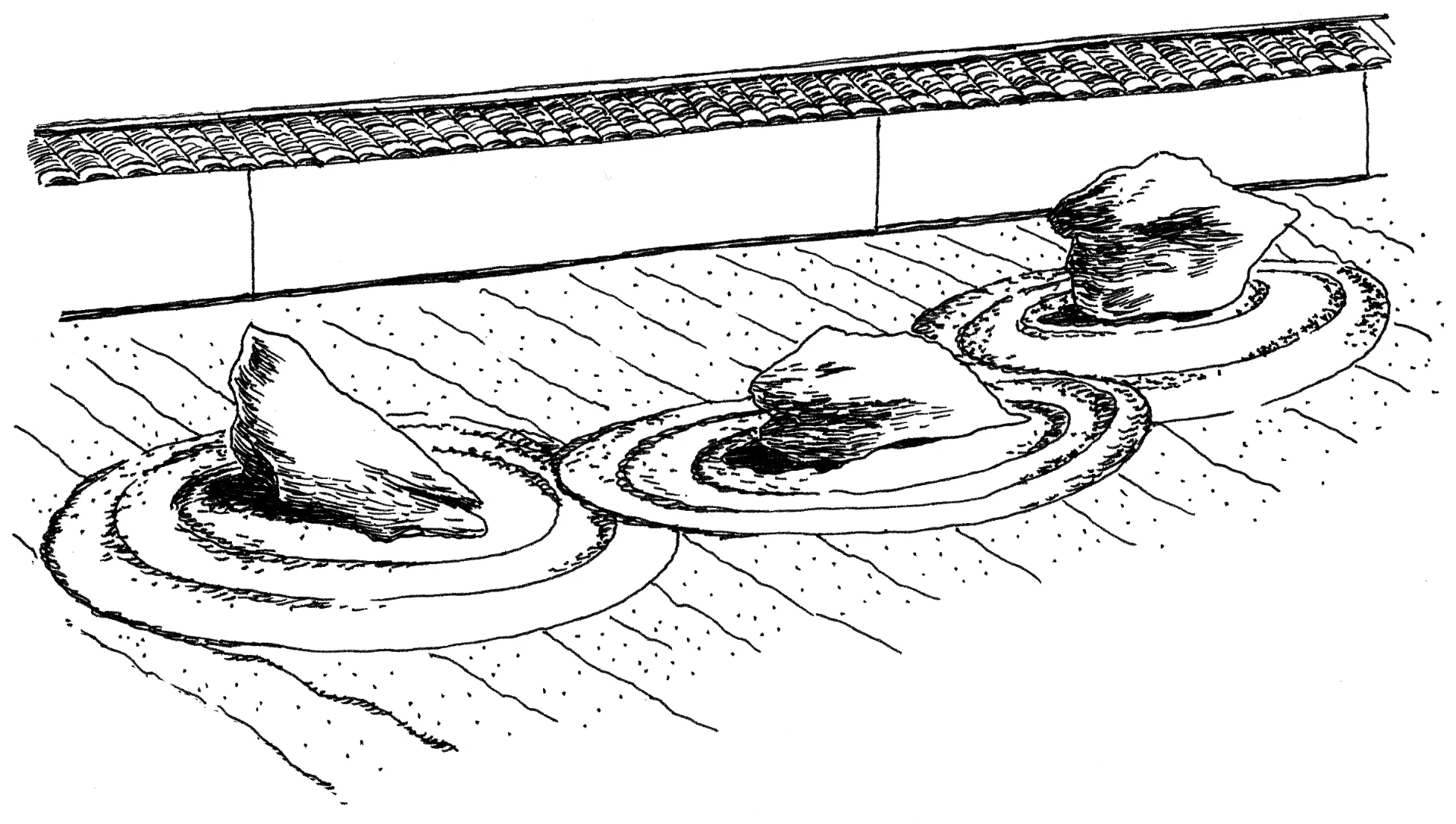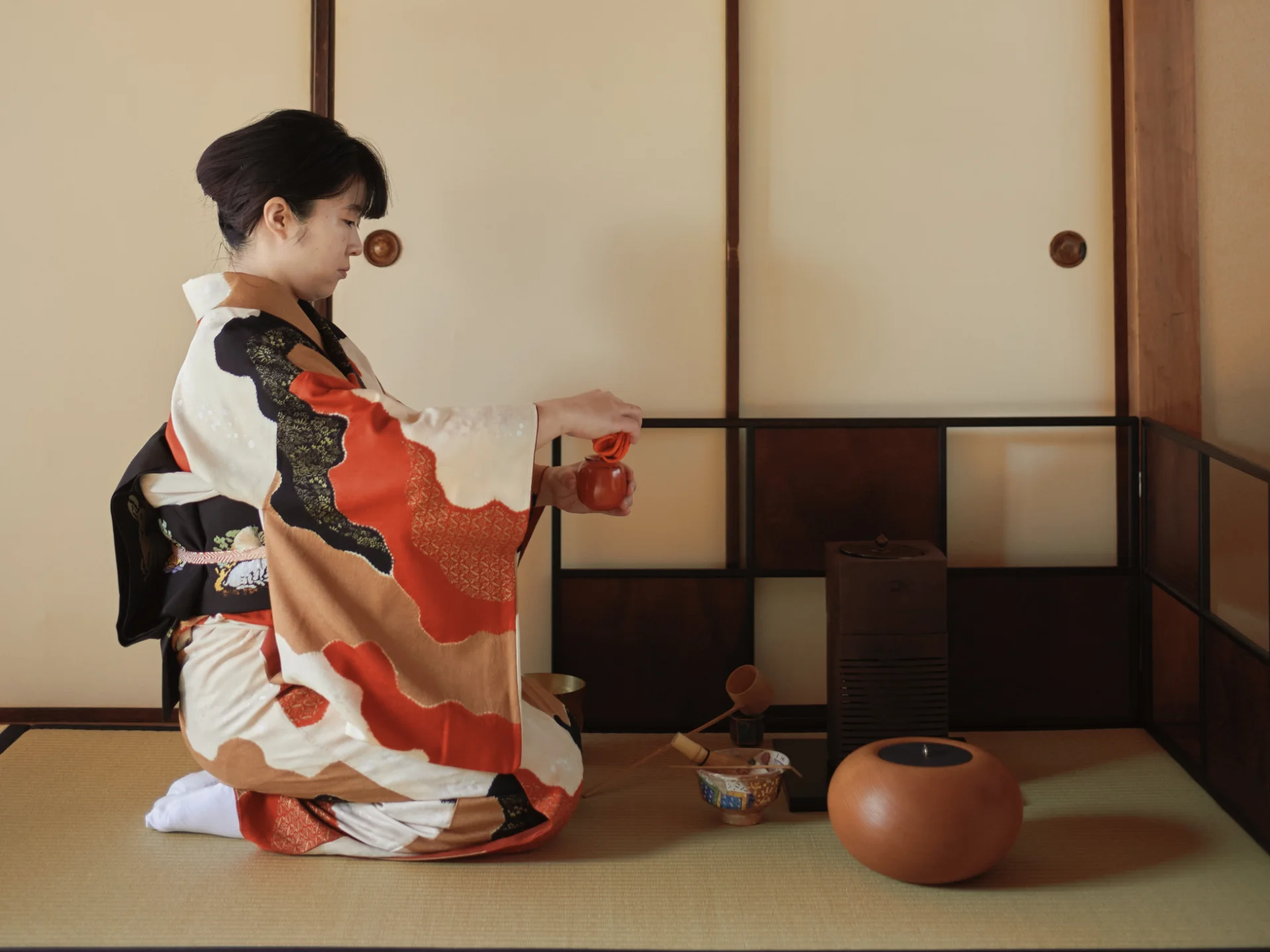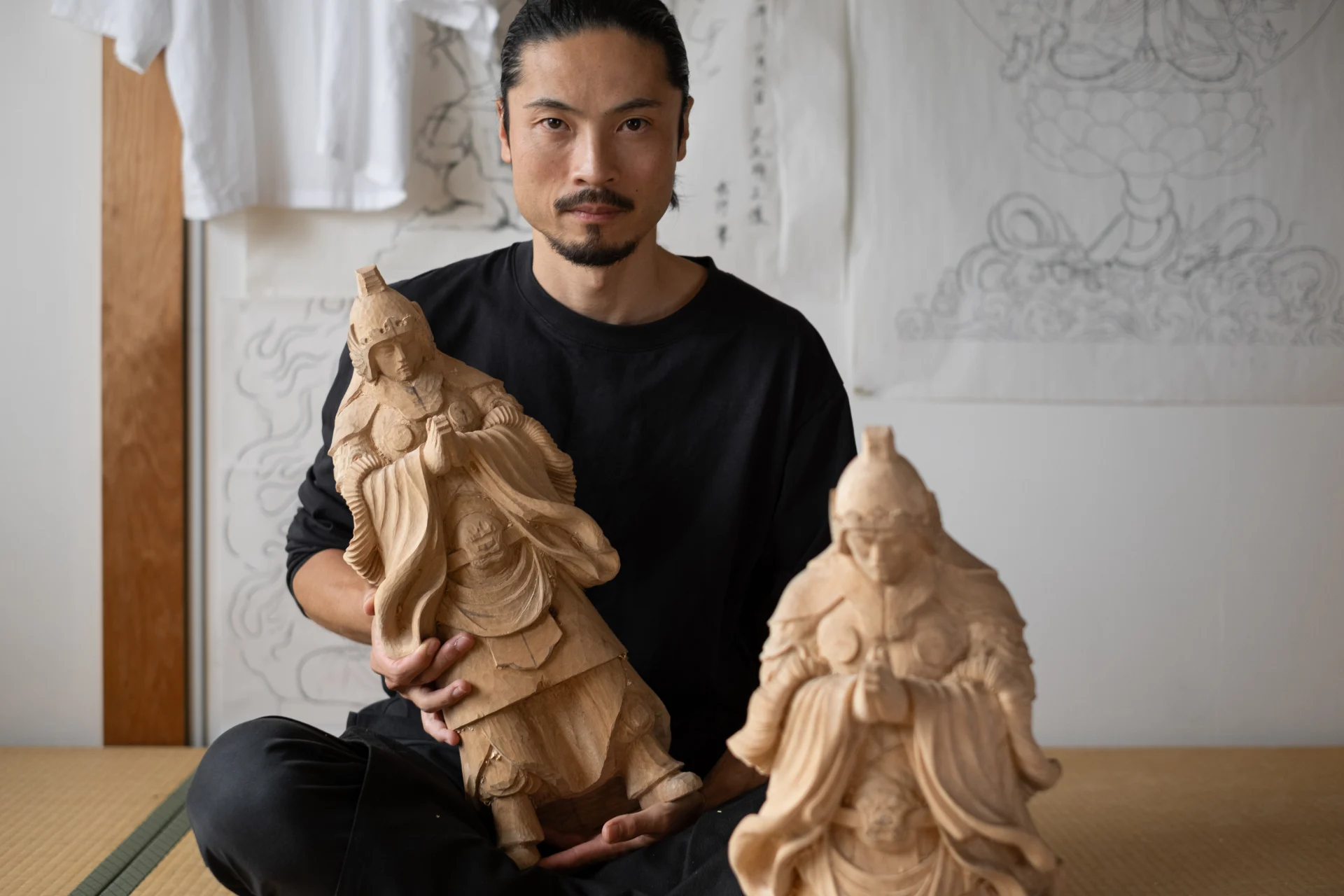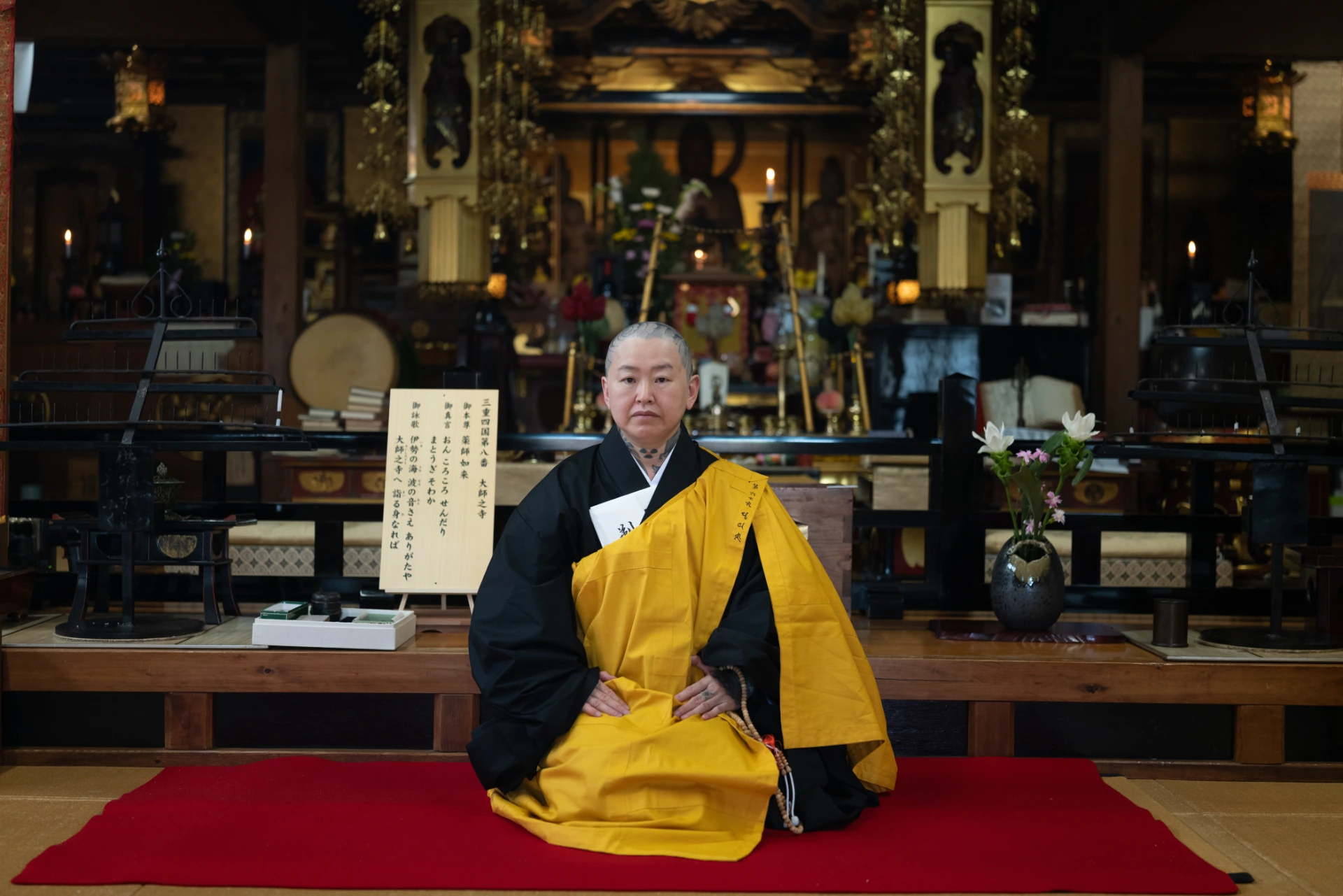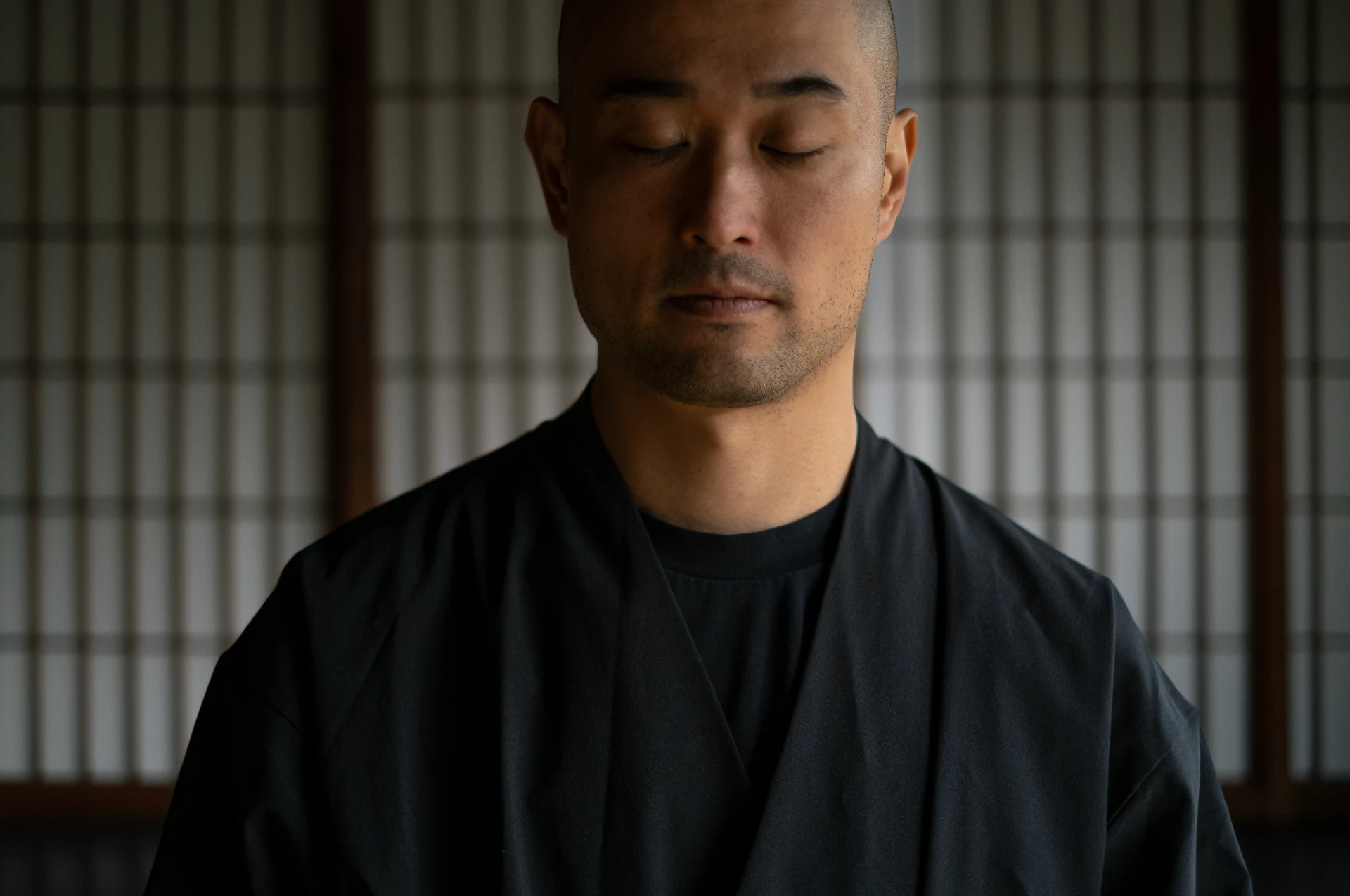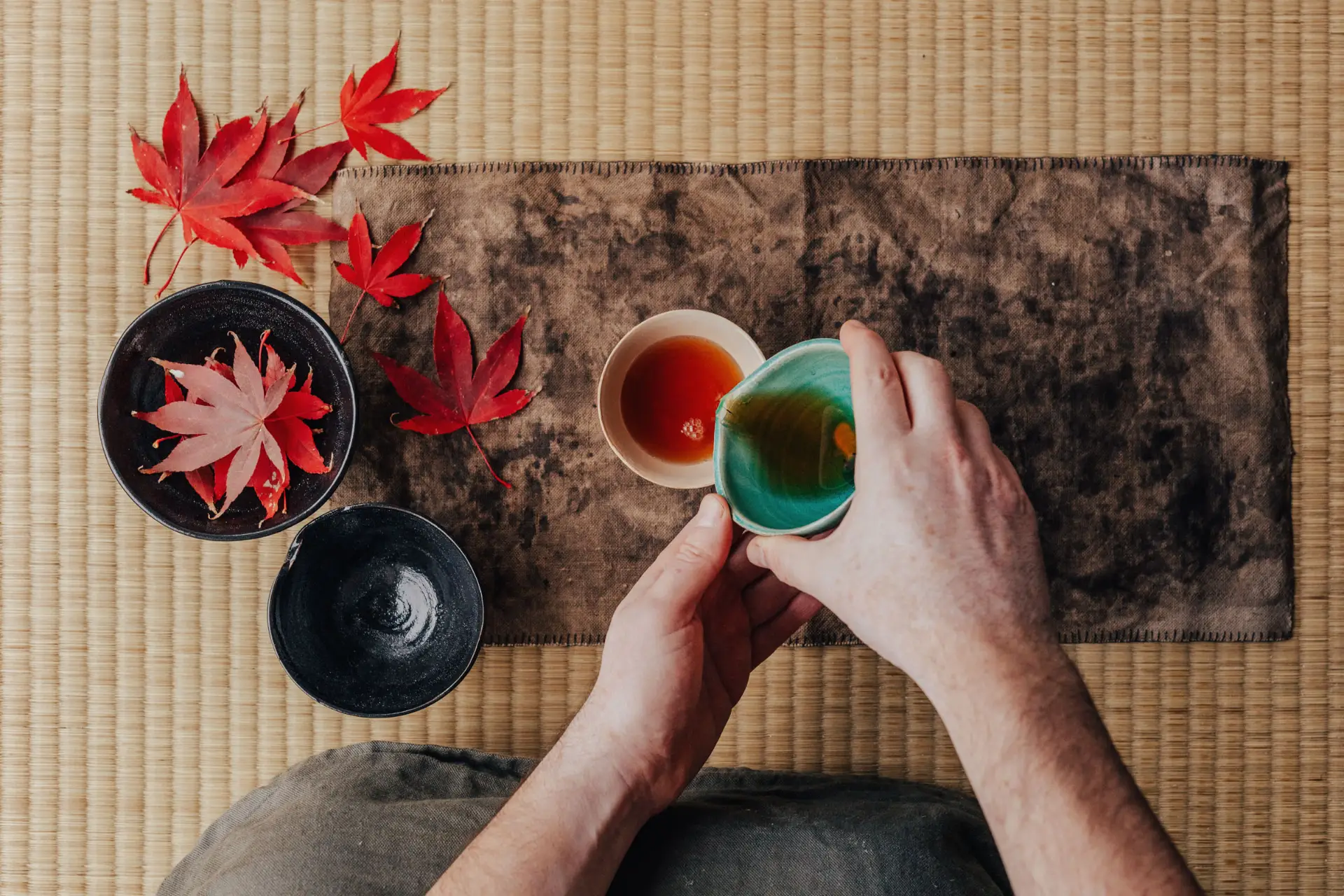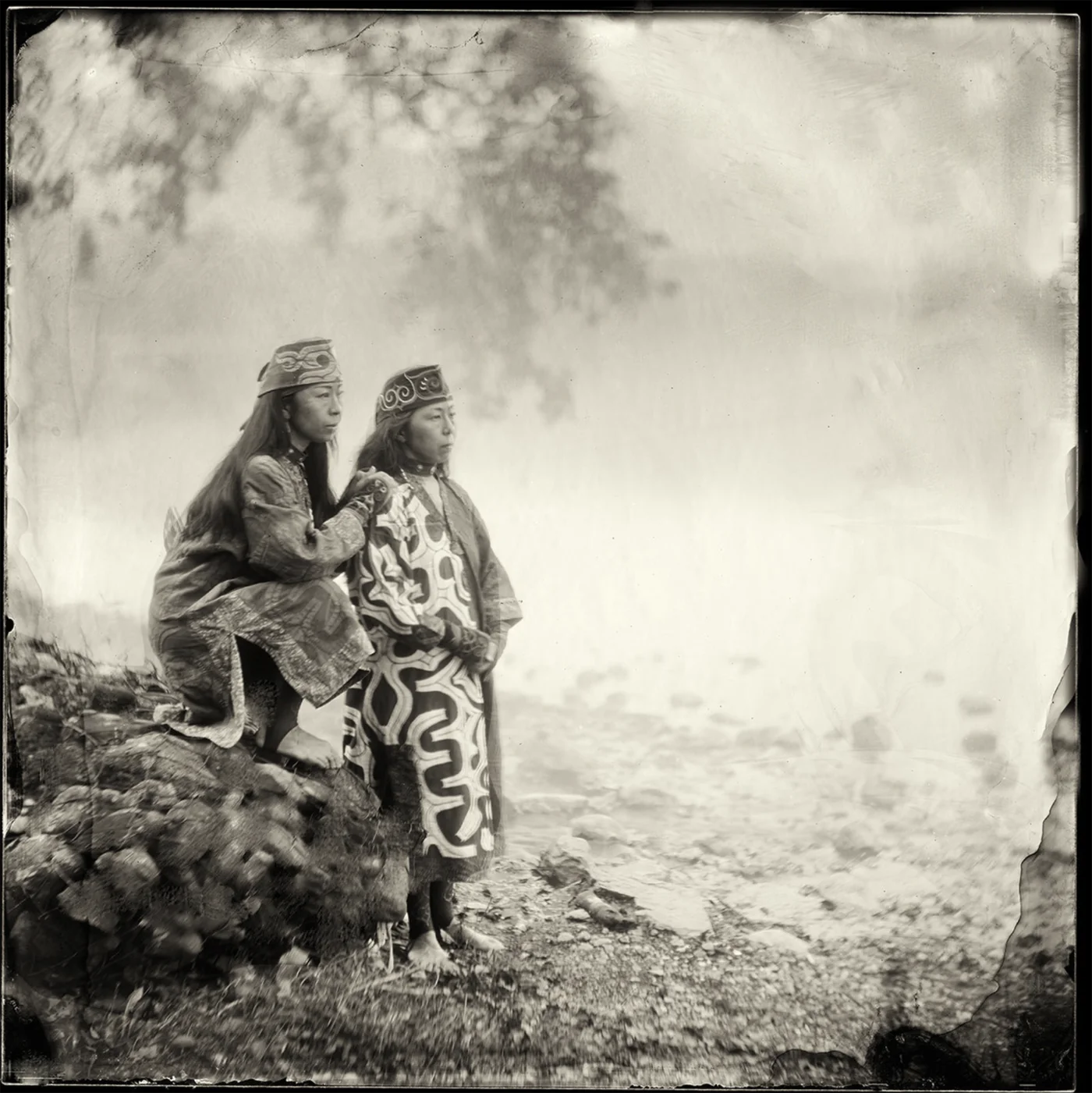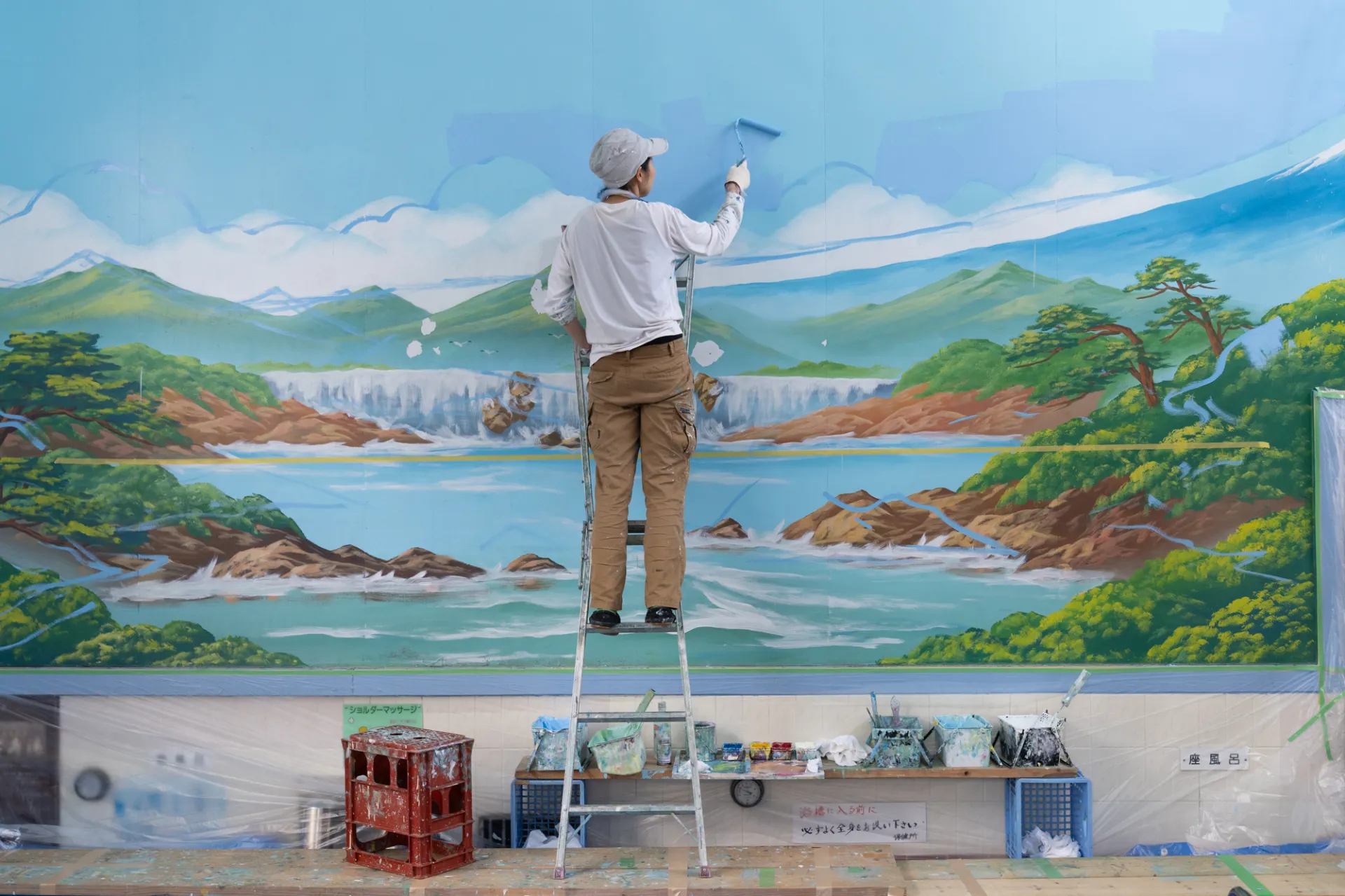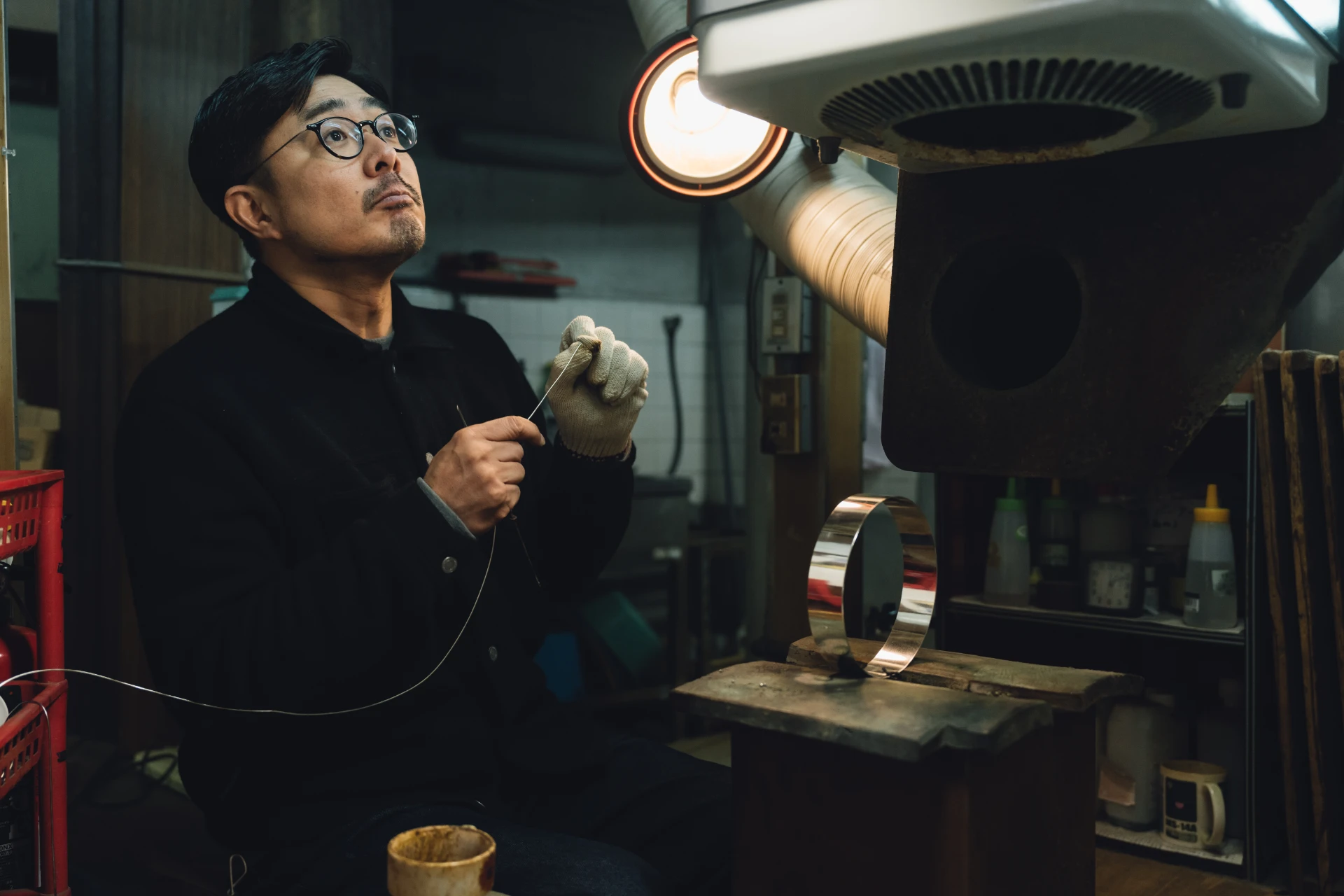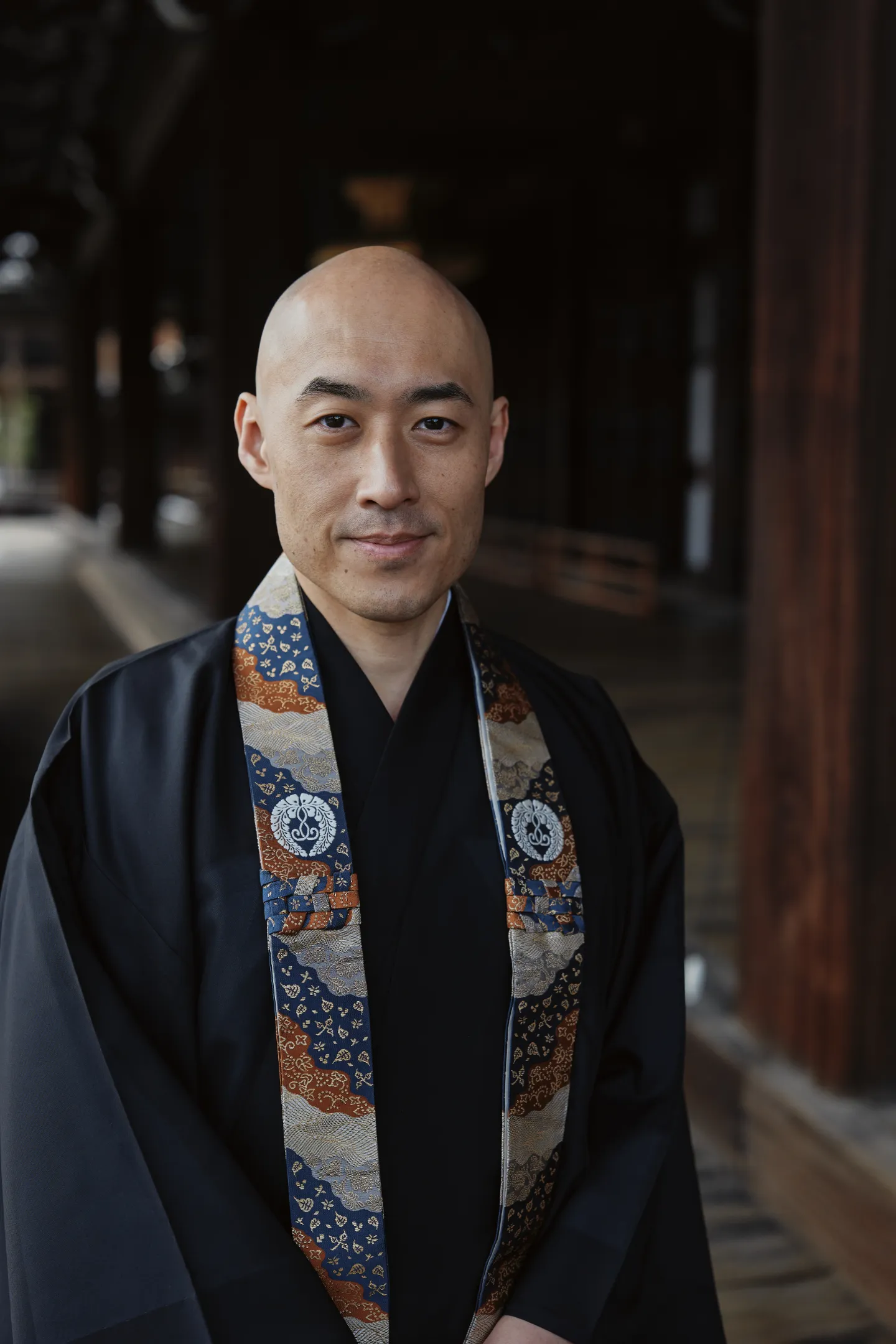
Connecting Buddhist Wisdom to Modern Life
How would you introduce yourself to the Musubi audience?
I am Pure Land Buddhist, or as I like to call it, a People’s Buddhist. Through my life, work, and writing I have been looking for ways to connect the wisdom of Buddhist traditions to the people living in our modern world.
When it comes to Japanese Buddhism, Zen is the most commonly known, but actually Pure Land Buddhism has even more followers in Japan.
I think one reason for this is because Pure Land is a form of Buddhism close to people’s everyday life. Its practices are not only for Buddhist monks, but are easily approachable for everyone. That is why I say Pure Land Buddhism is People’s Buddhism.
How did you become a monk?
I was a philosophical type of child.
Like the title of Gauguin’s famous painting, I was occupied by the questions,
Where do we come from?
What are we?
Where are we going?
With this type of mind I decided to major in Western philosophy at university.
I remember my friends were looking for direction after graduation, deciding between the corporate or academic world, but even with my entrepreneurial tendency, my heart was not drawn to either. Through a friend, who was from a temple family, I found a possible third path.
This is how I became a Buddhist priest. I happened to choose Pure Land Buddhism, but in all honesty I didn’t really consider which stream of Buddhism I should follow.
Initially, I thought I may have chosen the wrong stream because I thought Zen looks both cooler and fancier. But with time, I began to realize the deeper meaning and value of the traditions in Pure Land Buddhism, like chanting and the concept of active exchange with other Buddhism streams, as well as other religious and non-religious communities.
When understood more deeply these point to universal teachings we are in desperate need of in our times, namely those of Mindful Listening and Interbeing. I will share more about both in a bit.
So now, I really appreciate the philosophy and practices in Pure Land Buddhism, and feel I am walking on the right path; the path for people. Rather than succumbing myself to a strict monastic lifestyle I have a family. I have children.
In many ways my life is not that different from yours. I live a foolish life [laughs], and I’m pretty satisfied.
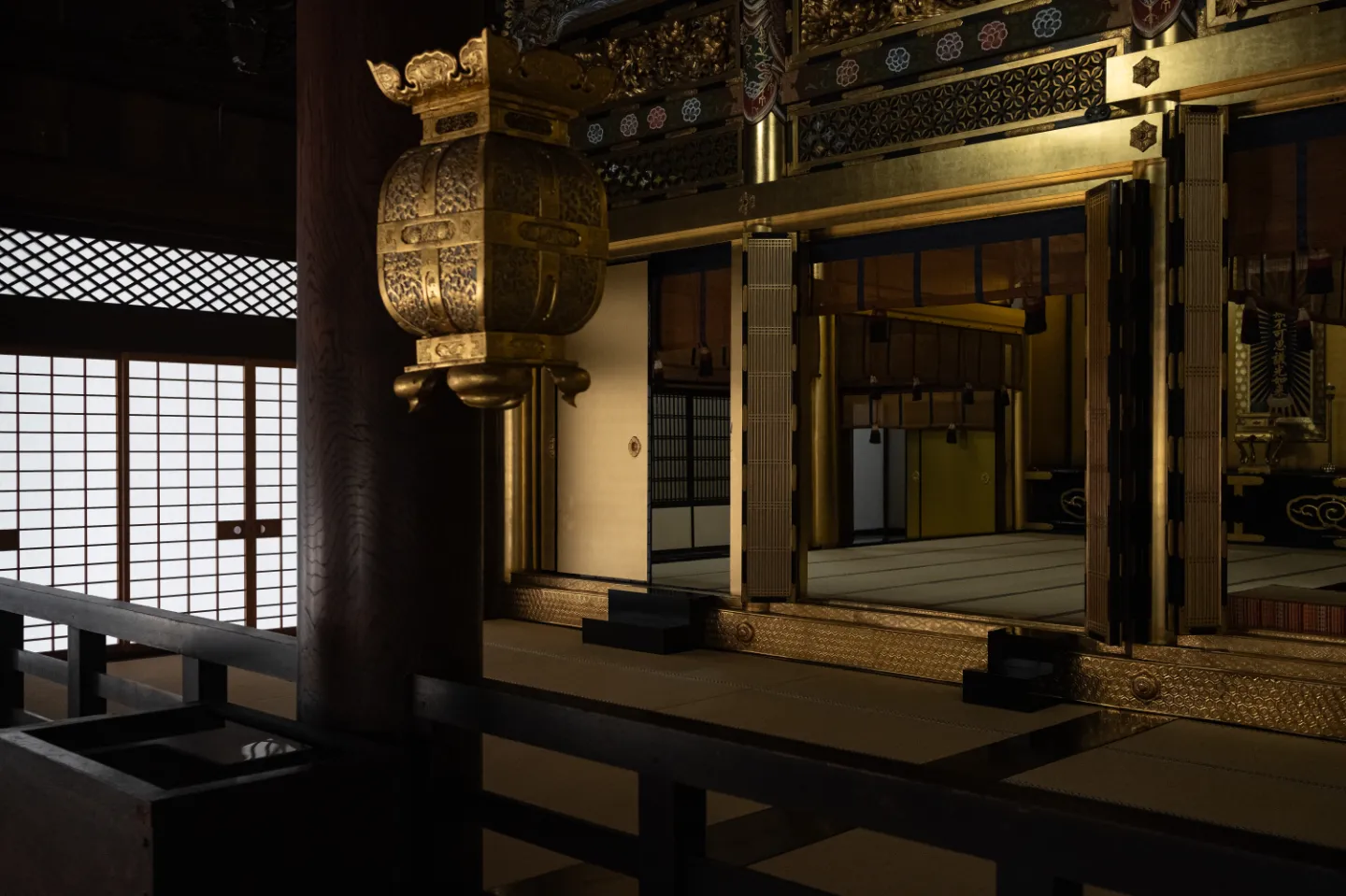
Mindful Listening & Interbeing
Could you share more about what you mean by Mindful Listening?
I have practiced People’s Buddhism for half of my life. At the heart of it is something I call Mindful Listening.
It means having an open, understanding attitude that lets us sense the Buddha’s voice, which we could also call the voice of the world, and the voice of others. Through this, we discover our own true voice as well.
Being fully open and present to the subtle voices in the here and now is the attitude we cherish as People’s Buddhists.
One of the practices we have in Pure Land to make us receptive to the voice of the world and others is by chanting the name of Buddha, “Namo Amitabha, Namo Amitabha.”
But why do I call it mindful listening and not mindful chanting? This is because the underlying attitude we incorporate into the repetition of words can transform a mere ritual exercise into a powerful act of mindfulness.
For example, while I chant I listen to my own voice reciting the name of Buddha I may begin to question, “Where does this name of Buddha come from?” As time passes I notice the reverberation of the voices of others around me. At one point I may lose my perception of time and begin to wonder, “Is it really me who is chanting?”
Through this active listening and existing in this present moment we become aware of our own mindset.
Humans are always obsessed with the notion of self. But, in general, the aim of practicing Buddhism is toward non-self. Chanting is a very interesting mixture of self and non-self. While I chant, something beyond me emerges. It is a reminder of the fact we are all interconnected, interdependent, and we are part of the universe. This embodied understanding is the core of Pure Land Buddhism.
Of course, not only chanting, but anything in daily life can become a form of practice, depending on one’s awareness. The true practice is to listen quietly to the voice of each moment as it arises.
In this way, through the practice of Mindful Listening, you realize Interbeing.
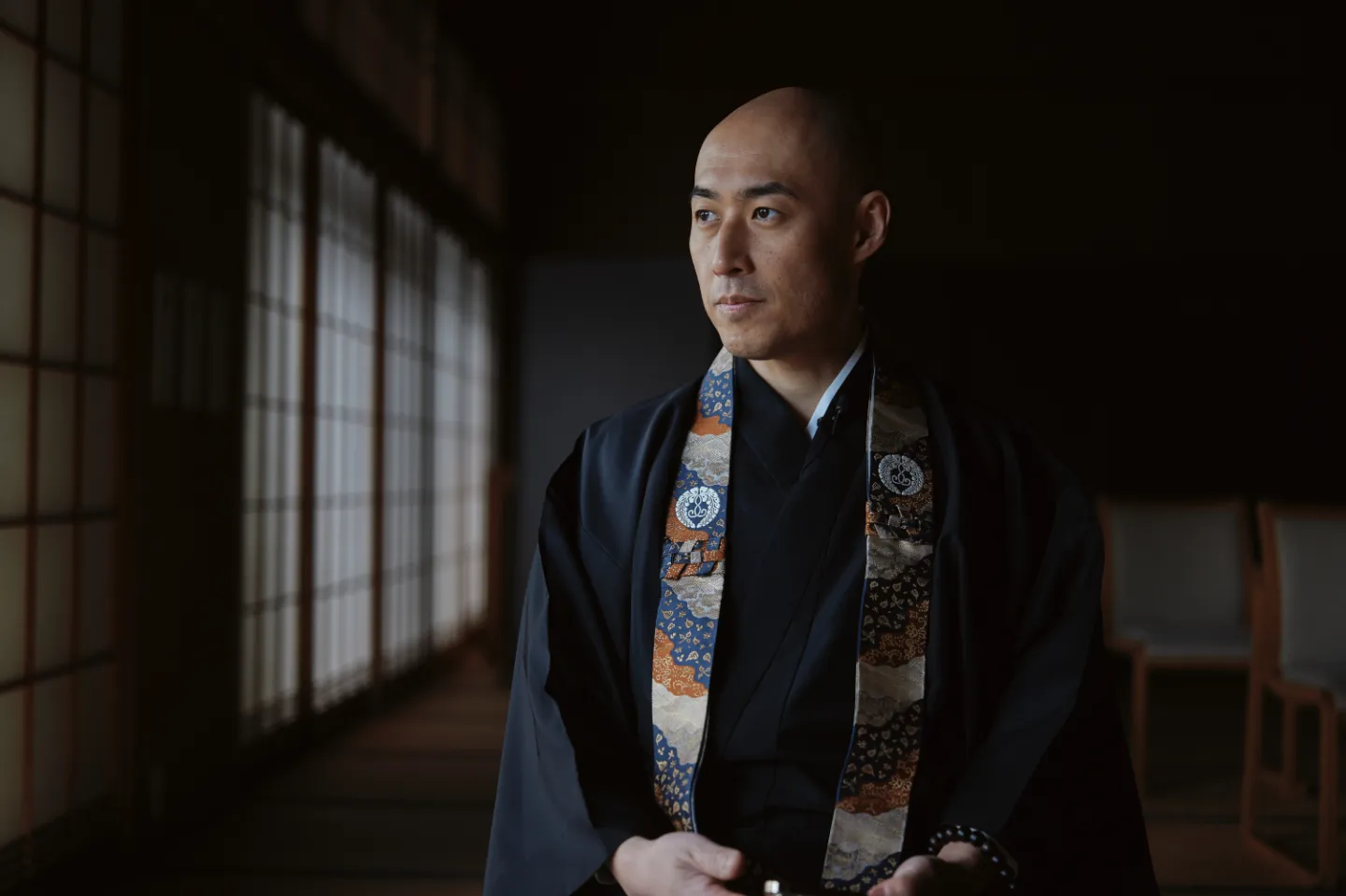
Fostering a “New” Worldview Based on Connection
You’re a Buddhist monk, but also operate in the world of business, where you support business leaders in organizational development and often share Buddhist wisdom at the World Economic Forum in Davos. You also write down-to-earth books that bring Buddhist insight into everyday modern life, reaching a large global audience.
From this wide perspective, what do you feel are some of the core challenges that we face as humanity and what does a Buddhist perspective offer?
I believe it’s time for us to step away from the notion of human supremacy, which is at the core of our human-centered worldview. It’s an outdated way of seeing the world based on separation and superiority, instead of interconnection and compassion.
Human beings have always wanted to differentiate themselves from other species, as well as other human beings. With social pressure and our flawed education system we have become obsessed with the idea of being superior.
Buddhist wisdom tells us this human-centric worldview is both incorrect, and as we see all around us very harmful. Though even after over 20 years as a Buddhist priest, I still find myself swayed by this supremacy mindset.
I want to share a new perspective with the world for living in the next age. While I call it a “new” worldview, it is drawn from ancient indigenous and Buddhist wisdom, where we live together beyond equality, interconnected, beyond species, as a whole biosphere.
We are caught in dualistic thinking with the tendency to label and categorize everything. In Buddhism this way of thinking is recognized as a limitation of human perception. Buddhism encourages us to go beyond and enter a more dynamic realm of thinking, where nothing is separate, everything is interconnected, and of course this perception is beyond words, beyond logos, by nature.
Ironically, as we have entered the age of generative AI, more and more people are beginning to recognize that it’s actually not our dualistic and analytical thinking that makes us human, but our interconnected, creative and more animistic nature.
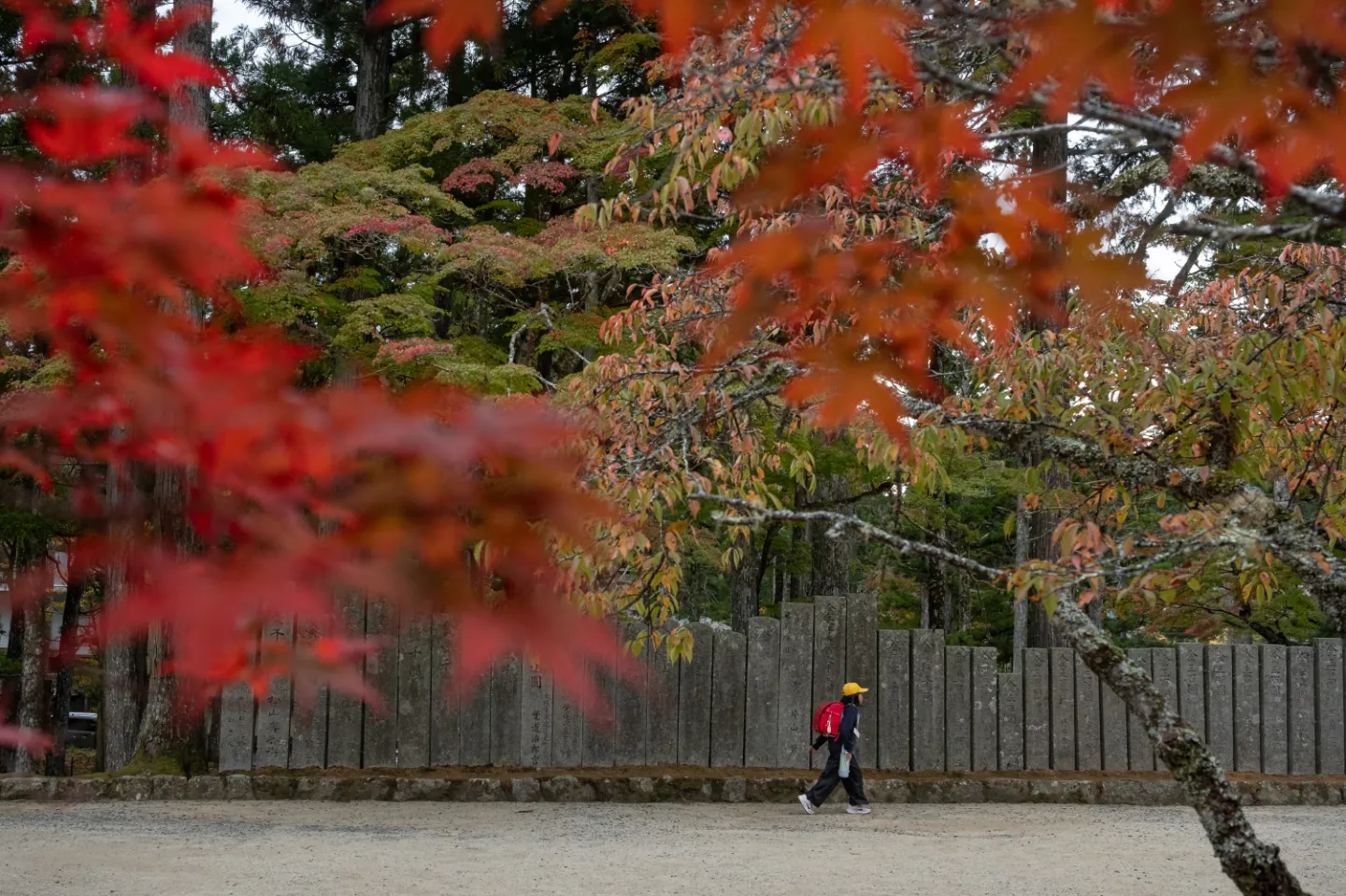
Being Good Ancestors: Thinking Long-Term
Could you say more?
Animism is a philosophy or spirituality where we find the spirit or soul across the universe.
In the People’s Buddhism that developed in Japan, we took this view even further. We came to believe that not only living creatures, but also things we usually consider non-living, carry the possibility of becoming Buddha.
We say that mountains, rivers, and all things can attain Buddhahood. This reminds us to listen mindfully to all existence, not just what we see as alive.
If we put aside this concept of humanity, and instead welcome a more humble perspective, recognizing that humans, animals, and all things have their own ways of expressing themselves, we will find ourselves in a very different world
I see myself as a translator, someone who can mediate different languages. Some people speak the language of the future, others from the past. Neither is wrong, but at least the people need to understand the language each of us speaks is different, so that we can coexist and learn from each other so that we collectively move forward.
So we can become Good Ancestors?
Yes, indeed. How to be a good ancestor is a very important concept in my work. I use the word ancestor in its broadest meaning, not just referring to blood relationship or family lineage. We are all ancestors of future generations and the future planet.
My good friend, Roman Krznaric, is the author of Good Ancestor. In his book, there is a core question,
“How can we become good ancestors for the future generations?”
This question can be very inspiring and encouraging for all of us, including the world’s leaders. It indirectly tells us that my life is not limited to the time from birth to death – it is linked to those who came before me and those who will follow, reaching into what we might call the Long Now.
It’s an invitation to think long-term, as you are rooted in the present. While remembering that everything we have here and now is a gift passed down to us.
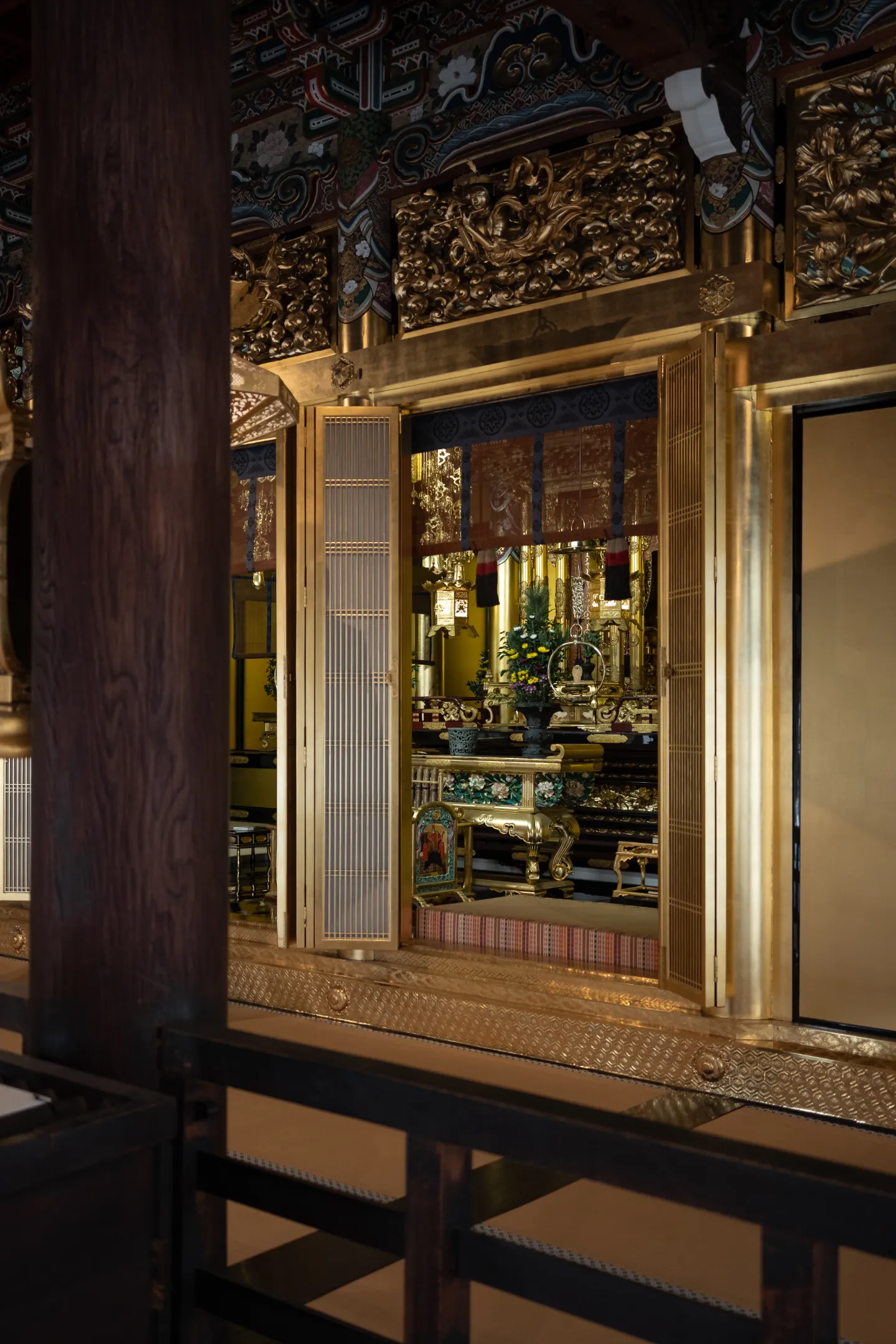
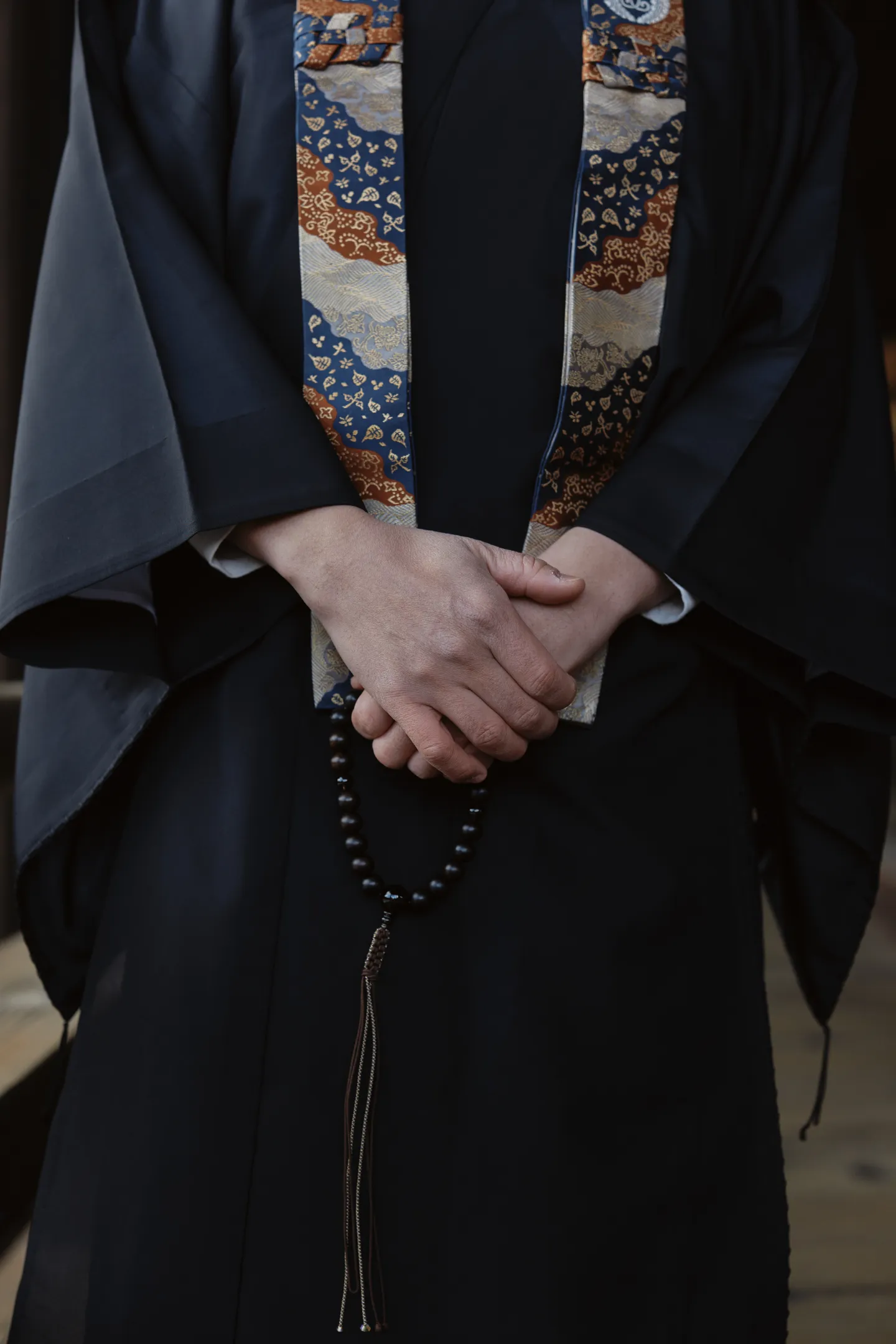
Every Single Action Affects the Future
For example, all the technology and science that exists today was developed by countless unsung ancestors. In this way, I, myself, can also contribute to the future generations.
You don’t need to be very successful or famous to be a good ancestor. Even in the shadows, and in my own way, I can contribute to future generations. Just like the butterfly effect, indeed, every single action, motion in my life affects the future.
This concept of becoming a good ancestor is an effective tool to cultivate people’s frames of perception in terms of time.
How does someone’s perception of time change his/her outlook on life?
In Japanese, originating from Shinto, we have the concept of Naka-ima, which literally means ‘the middle of now’, but it can also be translated as the Long Now.
You might have heard about being here and now when you practice mindfulness. Yes, it is important to be aware of the here and now. Otherwise, your monkey mind takes you in many directions. But this doesn’t mean that you are separated from the past or future.
The here and now exists because everything in the past is folded into the present. At the same time, in this present, all the seeds to be blossomed in the future are also unfolding.
So if you look deeply into the present moment you can see the future and also the past.
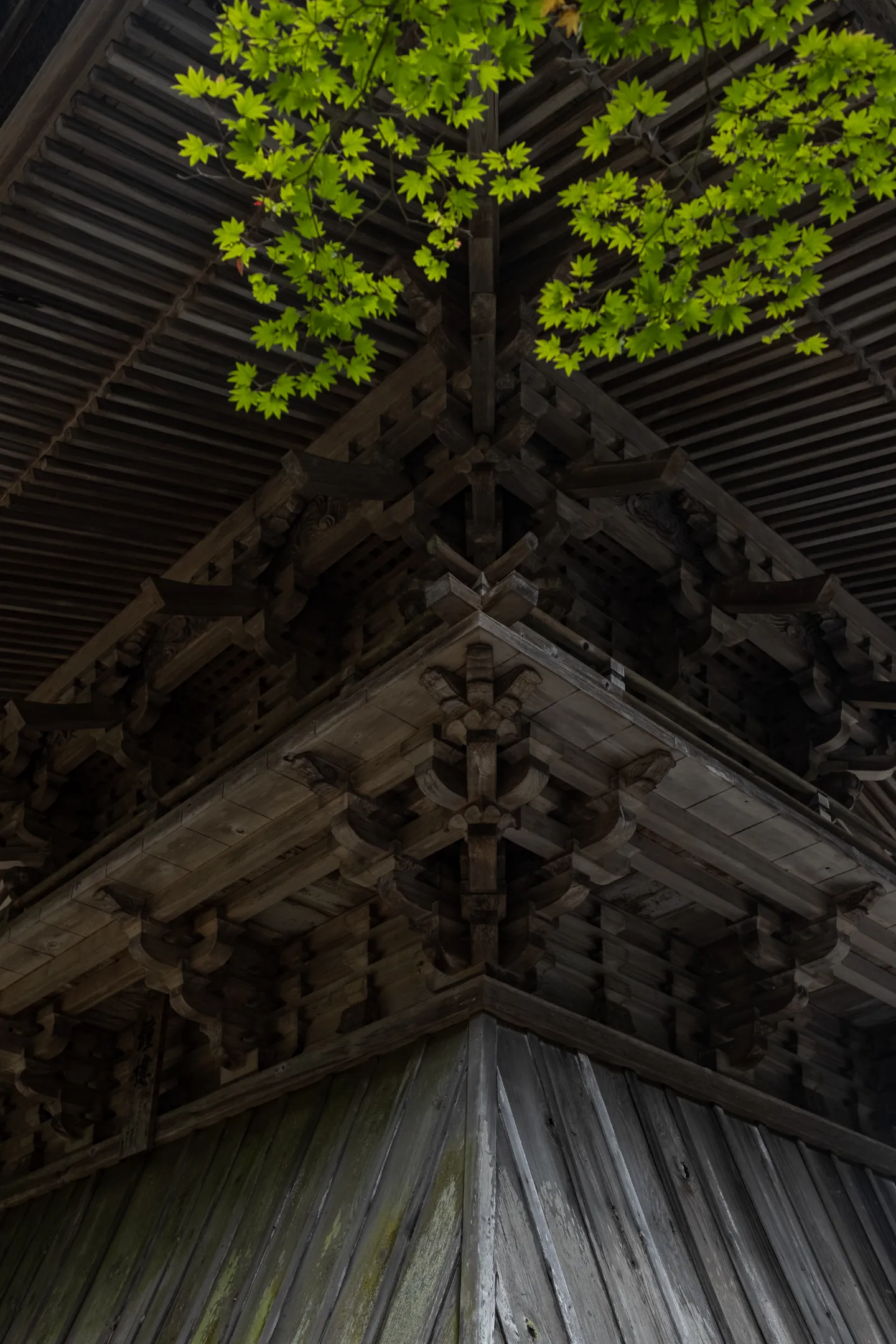
Appreciating the Unknown
Is there an invitation you would like to share with the Musubi Academy audience?
I would like to share an example through what I learned from my teacher, the head priest of Honen-in.
People would often come to him and complain “I’m not well understood. I’m not well accepted by other people.” Assuming that not being understood by others is problematic and that those other people are at fault.
But if you look more closely, everyone is different and unique, meaning that because of this uniqueness everyone is ultimately alone. Even among families, between parents and children, what each of them thinks is very different. So we shouldn’t assume or take for granted that we can so easily understand each other.
Instead, it’s good to start from the realization that we are all independent and different, and at the same time interdependent.
No matter how alone we feel, we are sustained by the existence of others – people, plants, animals and other invisible things – interconnected and dependent on our environment. Life unfolds through interactions with others, often beyond our control or intentions.
Rather than complaining that we cannot understand each other, whether it’s meeting a stranger, or when you are among family or friends, let’s celebrate the special moment when you feel we somehow understand each other.
Rather than fear and frustration, I would like to invite you toward the appreciation of the unknown. I believe this is very, very important in this so-called fragmented world today.
